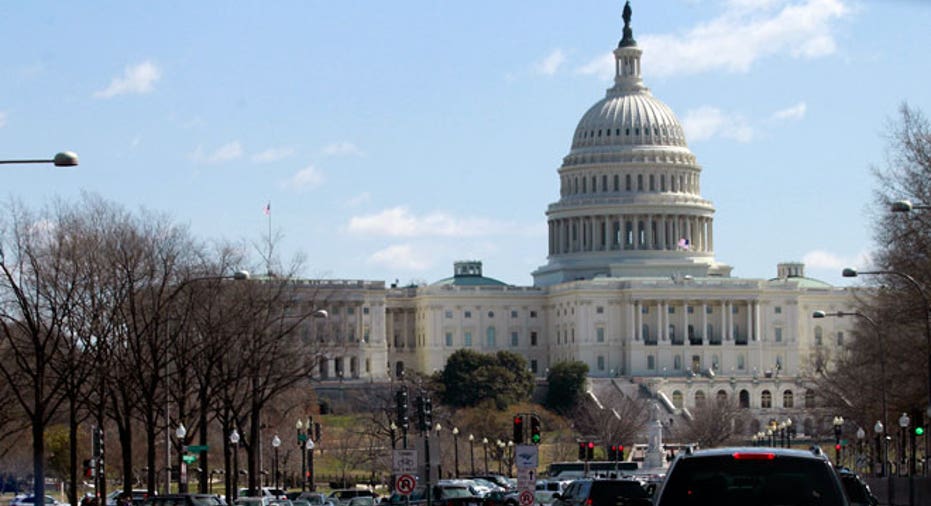U.S. Deficit to Dip in 2015, Era of Dramatic Declines Ends: CBO

The U.S. budget deficit will decline slightly to $468 billion this fiscal year from $483 billion last year, the Congressional Budget Office said on Monday in a report that marks the end to an era of dramatically falling deficits.
After falling from the $1 trillion-plus levels of President Barack Obama's first four years in office, CBO said it expects the deficit to stay largely flat in 2016 and begin a steady march upward in 2017 due to rising costs for servicing the national debt and caring for the retiring Baby Boom generation.
The CBO estimates kick off what promises to be a contentious budget debate in Washington this year, as Republicans now in control of Congress seek to eliminate deficits within 10 years while lowering tax rates and boosting military spending.
Meanwhile, President Barack Obama and his Democrats have proposed a range of new spending and tax breaks aimed at helping middle class Americans and setting the agenda for the 2016 presidential election.
The CBO report shows that the respite in deficits will be relatively short-lived, giving policy makers less breathing room to ease spending constraints or provide tax relief.
Relative to the size of the U.S. economy, the federal deficit after 2018 will be back above its 50-year average of 2.7 percent of gross domestic product, reaching 4.0 percent by 2025 - a level that many economists view as unsustainable.
In 2015, CBO said that increased revenues generated by a strengthening U.S. economy this year will be partly soaked up by the retroactive extension of several business tax breaks for one year in December.
But the non-partisan budget referee agency said it does not expect massive economic growth during the 10-year budget window, with real GDP growth peaking at 3 percent in 2016, then slowing 2.1 percent in 2018-2019 as retiring Baby Boomers cause a drag on the labor force.
"Potential output is expected to grow much more slowly than it did during the 1980s and 1990s primarily because the labor force is anticipated to expand more slowly than it did then," CBO said in the report.
(Reporting by David Lawder; Editing by Susan Heavey)



















